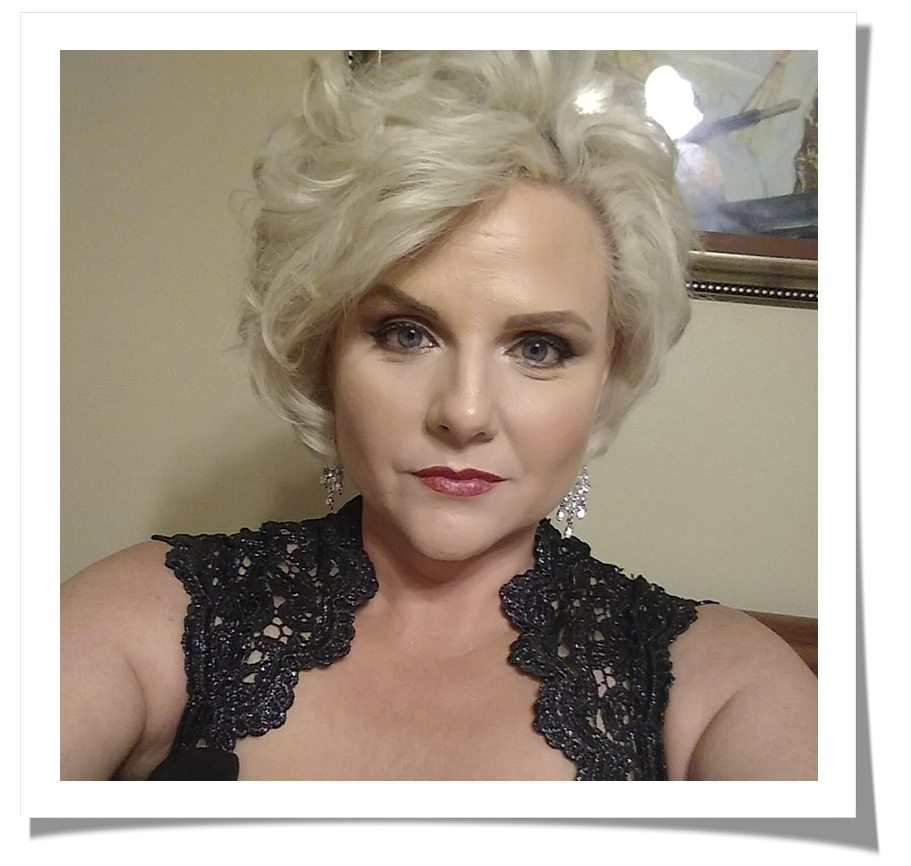This Might Be Why Your Joints Ache in the Morning

Mornings are tough for many people, but around 15 years ago, Melissa Kehl’s mornings started getting a lot harder. “My hands and feet would feel stiff and swollen,” says the 45-year-old swim coach and advocate for the Arthritis Foundation. “It was bad throughout the day, but worse in the morning when I woke up.”
At the beginning of 2006, Melissa’s doctor diagnosed her with carpal tunnel syndrome in her hands and told her that her feet were stiff because she stood so much throughout the day. “I even got a foot spa to try at home because I thought it would help,” she says. “But it didn’t.” It wasn’t until Melissa was diagnosed with rheumatoid arthritis (RA) at the end of that year that she finally had a medical reason for those a.m. achy joints.
Signs of rheumatoid arthritis
“Rheumatoid arthritis is a very complex disease that affects the whole body,” says Petros Efthimiou, MD, a rheumatologist in New York. When you have RA, your immune system mistakenly attacks your joints, like your hands and knees, which results in inflammation. This then damages the tissue of the joints, causing pain, stiffness, swelling, misshapenness, and more. On top of that, people with RA also feel extreme fatigue and morning stiffness, the latter of which can be an early warning sign.
“Sometimes morning stiffness can be the very first symptom, happening even before the arthritis fully develops.” Dr. Efthimiou says. That’s because a surge of inflammatory cytokines (little messengers that trigger certain reactions—in this case, inflammation) tends to hit around 5 or 6 a.m, due to the body’s natural circadian rhythms. “This surge happens in everyone, but with someone who has RA, it’s magnified,” says Dr. Efthimiou. “They wake up, and it’s harder to move.” That surge explains why people with few other symptoms of RA still might experience morning stiffness.
When to speak with your doctor
Make a point of bringing it up to your general practitioner or a rheumatologist, even if you aren’t sure. “One of the issues we have treating patients with RA is that they often don’t see their doctors right away. They might notice some stiffness in the morning and joint pain and write it off,” says Dr. Efthimiou. “But there’s a lot of research that shows those early stages are the most opportune times for us to intervene with immunotherapy. If I catch a patient in this stage, they might respond to medication better.” Once the chronic inflammation gets settle throughout the body, it becomes harder to treat, he adds.

While there is no cure for RA, there are different medications that can help relieve symptoms and slow the progression of the disease. On top of drugs, other ways to manage the disease include getting enough rest, staying active, doing physical therapy, and eating a healthy diet.
While Melissa still struggles with morning stiffness, she doesn’t let it get her down. “When I was first diagnosed, I went through the stages of grief until I got to acceptance,” she says. “I can control what I can control and I keep a positive mindset—I just have to!”
You Might Also Like

